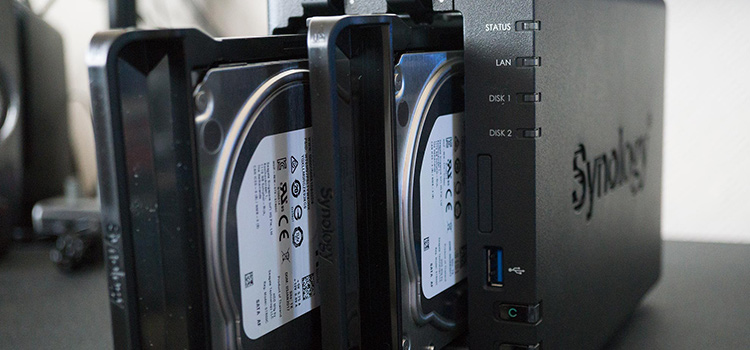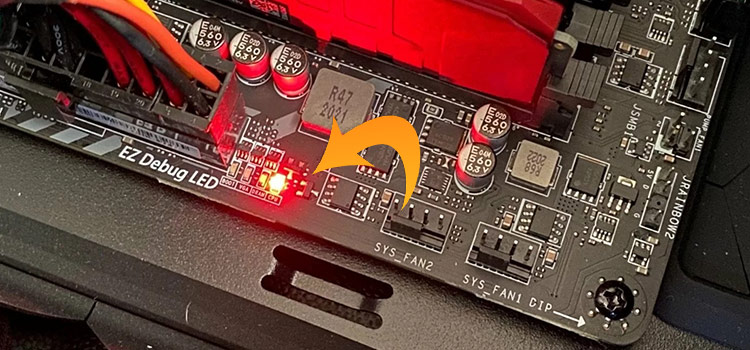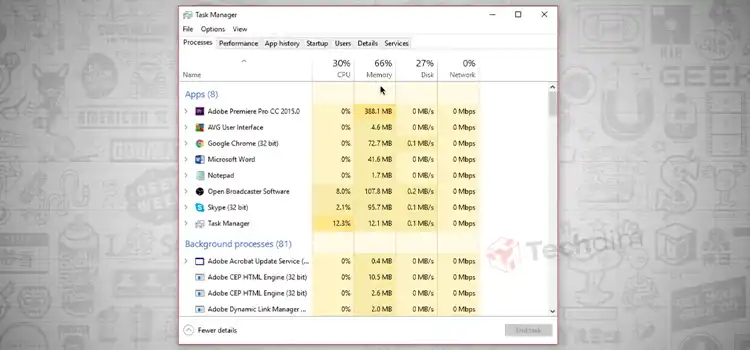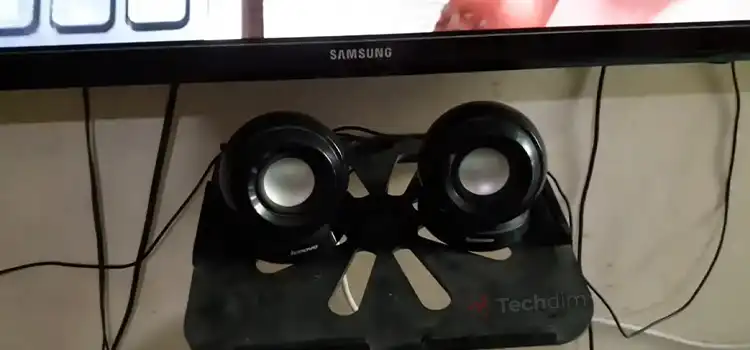Small Screen vs Big Screen Gaming | Everything You Need to Know
Some gamers may prefer a bigger screen and some might say a small screen is better for gaming when it comes to the monitor. For this, you can easily get confused looking for the best monitor size for gaming.
You must remember that the performance of a monitor doesn’t depend on the size. So, it completely depends on your personal preference whether to go for a small screen or a big screen monitor for gaming.
However, we’ve explained all the facts including the pros and cons of the big screen and the small screen monitor for gaming below this article. If you’re having difficulties choosing the best size monitor for gaming, then we’ll suggest you read this article till the end thoroughly.

Small Screen vs Big Screen – What Size Monitor Is Best for Gaming?
When it comes to the best monitor size for gaming, no one can give one exact answer. Because it’s purely a personal choice that completely depends on how comfortable the gamer is with the screen.
If you are comfortable sitting closer to the monitor, then you may find difficulties using a big monitor as you can’t see the entire screen up close. In that case, a small screen is best for you.
Basically, 21 to 27 inches monitors are considered the best monitor for gaming. More specifically, a 24-inch screen (1920 x 1080) is the standard monitor size for professional gamers and these screens are used in gaming tournaments also.
Let’s check out the performance of different sizes of monitors in gaming to make the concept clearer.
Different Sizes Monitor Performance in Gaming
Follow the table below to check the gaming performance of different sizes monitors:
| Size | Pixel Type | Max Refresh Rate | Variable Refresh Rate | Native Resolution | HDR10 | Overall Gaming Performance |
| 17” | IPS | 240 Hz | Adaptive Sync | 1920 x 1080 | No | 8.0/10 |
| 25” | IPS | 360 Hz | Yes | 1920 x 1080 | Yes | 8.3/10 |
| 27” | IPS | 160 Hz | Yes | 3840 x 2160 | Yes | 8.7/10 |
| 32” | VA | 240 Hz | Yes | 3840 x 2160 | Yes | 9.0/10 |
| 34” | QD-OLED | 175 Hz | Yes | 3440 x 1440 | Yes | 8.7/10 |
| 48” | OLED | 138 Hz | Yes | 3840 x 2160 | Yes | 9.0/10 |
| 49” | VA | 240 Hz | Yes | 5120 x 1440 | Yes | 8.8/10 |
The chart above shows that you can get a maximum refresh rate with a 25” screen; however, the 32” & 48’ screens provide the best overall gaming performance.
Why Should You Choose Small Screen for Gaming
You may think bigger screens are good because the large pictures may make you feel that you’re inside the game. It makes sense, right? Then why do real gaming enthusiasts have smaller screens?
It’s because, on small screens, you can see the whole display with minimal effort and can show your gaming skills properly. There are more other reasons why they prefer small screens and we’ll describe them below. Right now, let’s see when you should go for a bigger screen.
Here is what a pro gamer like shroud says about screen size in gaming:
When Should You Choose Big Screen
On big screens, you need to sit at least 3-4 feet far from the screen to cover the whole screen. Again, on bigger screens, you need to move your head or eyeball around continuously while playing. It will give you the real feel of the make especially if you are playing FPS (First Person Shooting) games.
So, if you are comfortable with a multi-playing split-screen setup or a curved display while sitting far away from the screen or love 3D view while playing games, then a big screen is the best for you.
Pros & Cons of Small Screen and Big Screen for Gaming
The pros and cons of using small and big screens for gaming are given below.
Pros of Small Screen
- No chance of missing anything while playing games.
- No need to move the head from side to side frequently.
- Easy to focus during battle.
- Can check multiple things on the screen while playing games. For example, you can check the scoreboard and the enemy at the same time while playing a game.
- A small screen takes less space and you don’t need a large space for your gaming setup.
- Small screens contain an increased refresh rate and response time that reduces screen tearing or lag while playing games.
- You can sit closer to the screen.
The same is simply not true for a larger screen. That said, a larger screen won’t matter if you’re playing games such as The Sims or Animal Crossing. These games do not require quick responses and are not games you find in tournaments. When playing these types of games, a 27-inch screen and above can be an excellent choice.
Cons of Small Screen
- You may see the images small while playing games and you may face difficulties detecting enemies from far away in games.
- You can’t enjoy the 3D view or realistic gameplay.
Pros of Big Screen
- You can find gaming more realistic on the big screen.
- As you need to move your eyeball around the screen which improves the navigation system of the human brain.
- You can see the images bigger which will help you detect enemies easily.
- You can gather more information at a glance by looking at the screen than smaller screens.
Cons of Big Screen
- If the screen is big but the resolution is low, then you can’t enjoy the gameplay with a bigger screen.
- As you need to move your head and eyeballs continuously, you may face neck pain and headache frequently.
- You have to sit far from your monitor.
- As the big screen enlarges the images and the images changes every second, then the monitor has to be very powerful; unless you may face lag or latencies with your monitor. As every second matters in the game, a latency of 1 second can ruin your gameplay.
- You may get more refresh rate than small screen monitors which is really bad for gaming.
- You need more space to add a large display and if you have a small gaming room, then you may need to enlarge it.
Frequently Asked Questions
Is It Better to Play Games on A Smaller Screen?
As small monitors have inherently higher pixels, you can get better fidelity using these monitors in gaming. This means you can get more peripheral vision with a smaller monitor. Simply, if you are playing competitive games, then a smaller screen is better.
What Screen Size Is Best for Gaming?
If you are playing 1080p games then a 24-inch screen is enough for you while a 27-inch screen is ideal for 1440p. But if you want a 4K gaming monitor, then we’d suggest you go for larger screens, such as a 32-inch monitor.
Why Do Pro Gamers Play on Small Monitors?
Big monitors require users to move their eyeballs and heads quite frequently to get visual information from the screen while gaming. Pro gamers prefer focusing on the game rather than moving their heads and small monitors such as 24-inch screens allow gamers to observe the whole screen without moving their heads at all.
Is Smaller Screens Better for FPS?
To put it simply, the size of the screens has no connection with the FPS. So, it doesn’t really matter whether your screen is small or big the FPS won’t increase or decrease. Basically, FPS depends on the CPU and GPU.
Does Screen Size Affect Gaming Performance?
Yes, screen size affects gaming performance. Gaming performance depends on the resolution and a higher resolution means higher visuality.
Final Thoughts
All the facts about small screen vs big screen in gaming are described in this article and we hope, now you know which screen is more suitable for you in gaming after reading this. Basically, 24-inch screens are ideal for gaming. But if you have enough budget and no problems moving your head continuously while gaming, then you are good to go with bigger screens. So, it completely depends on your personal preference.
Subscribe to our newsletter
& plug into
the world of technology





